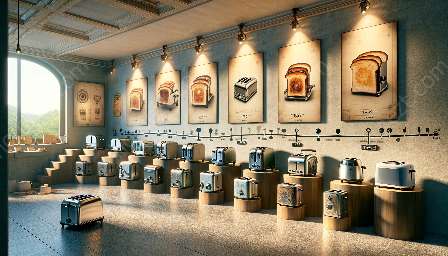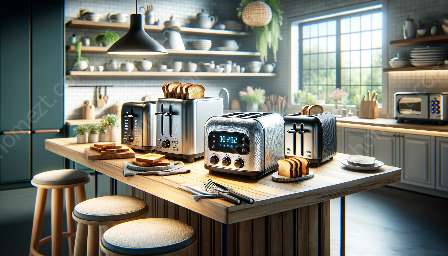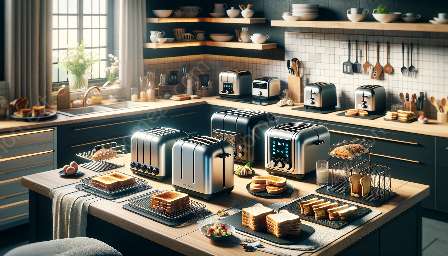From humble beginnings to becoming an essential kitchen appliance, the history of toasters is a fascinating journey that has left an indelible mark on home appliances.
Early Beginnings
The concept of toasting bread dates back to ancient civilizations, where people would hold bread over an open flame or place it on hot rocks to achieve a crispy texture. However, the invention of the modern toaster is credited to an engineer named Charles Strite.
In 1919, Strite patented the first automatic pop-up toaster, revolutionizing the way people prepared their breakfast. This invention marked the beginning of a new era for toasters and their impact on home kitchens.
Evolution of Toaster Technology
Following the introduction of the automatic pop-up toaster, manufacturers began to explore new designs and technologies to improve toasting efficiency and convenience. One significant development was the introduction of the timer, allowing users to control the level of toasting.
As homes became electrified, toasters evolved to become more efficient and safer to use. The introduction of electric toasters eliminated the need for open flames, making them a safer option for toasting bread.
During the mid-20th century, toasters underwent further advancements, such as the introduction of multiple toasting slots, enabling users to toast more bread slices simultaneously. Additionally, the development of adjustable heating settings provided users with greater control over the toasting process.
Toasters in Modern Times
Today, toasters have become an indispensable kitchen appliance in households around the world. They are available in a variety of designs, ranging from classic pop-up toasters to modern toaster ovens that offer versatile cooking options.
The impact of toasters extends beyond their primary function of toasting bread. They have influenced the design and functionality of other home appliances, inspiring innovations in kitchen technology.
Continued Relevance
Despite the availability of advanced cooking appliances, toasters continue to hold a special place in the hearts of individuals and families. Their simplicity, reliability, and ability to create the perfect slice of toast have ensured their continued relevance in modern kitchens.
Whether it's for a quick breakfast or a snack, the convenience and speed offered by toasters make them an essential part of the home kitchen.
Conclusion
The history of toasters is a testament to human ingenuity and the impact of innovation on home appliances. From their early days of open flame toasting to the modern, versatile designs, toasters have come a long way, shaping the way we prepare and enjoy our favorite toasted treats.













